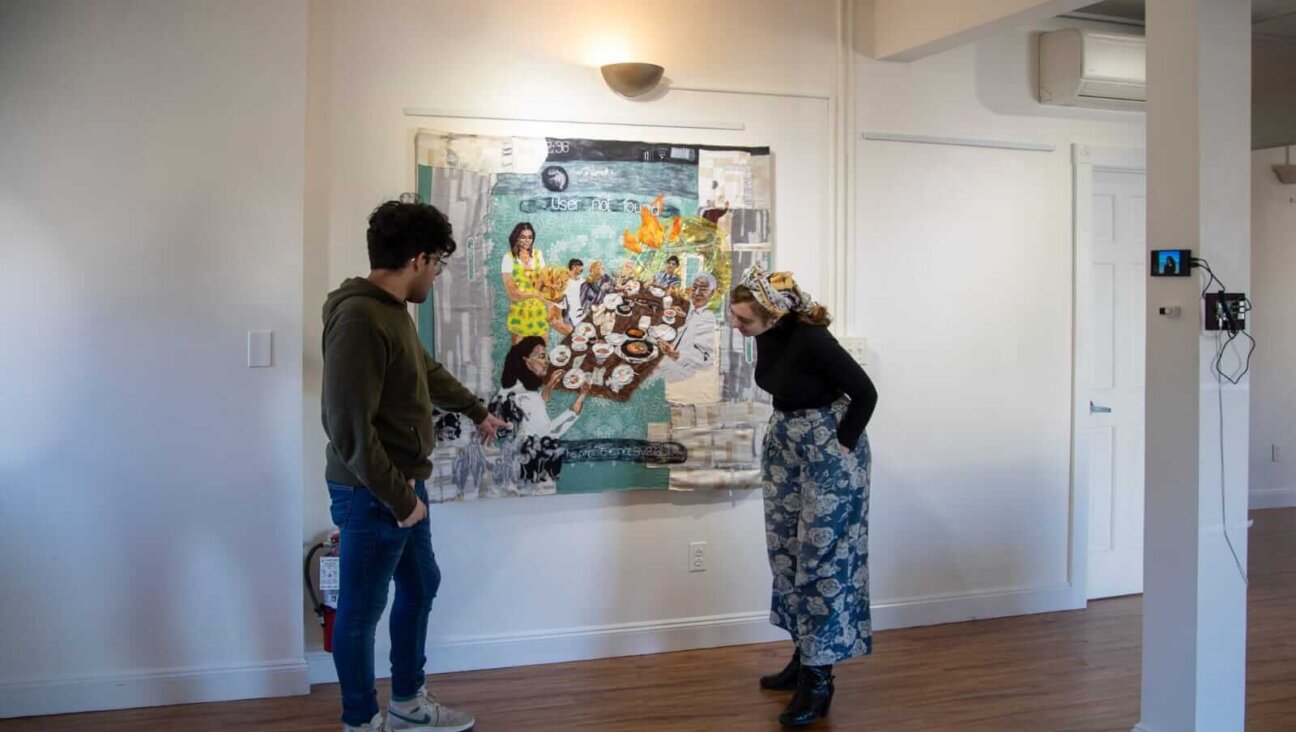March 12, 2004
100 YEARS AGO
• A private letter has reached the Forward from St. Petersburg that describes the terrible situation that awaits those sent to the frontlines of the raging Russo-Japanese war. A large contingent of mainly Jewish doctors — who it seems were forcibly drafted — was shipped off to the front from St. Petersburg. These doctors, most of whom have been in practice at least 10 years, are mainly family men who were able to avoid army service in the past because of their studies, but are now being taken with little choice in the matter. In addition to being shipped straight to the front, rumors abound that a train-load of more than 1,000 soldiers got stuck in a snowstorm near Lake Baikal, resulting in all of the passengers freezing to death.
75 YEARS AGO
• A dispatch from Amman indicates that large numbers of Arabs from a village near Tambouk, Arabia, have been murdered by Wahhabis. Jewish reports from the same region offer horrific details of how the Arabs of Yemen are treating the Jewish population. According to these accounts, Arabs are kidnapping Jewish children and forcibly converting them to Islam. Jews who attempt to intercede are arrested. Yemenis have also been known to confiscate the belongings of Jews wishing to emigrate and then burn down their houses.
• Which Broadway superstar learned the Bible, Rashi and Talmud in a Romanian cheder? The Forward profiles famed actor Edward G. Robinson, who immigrated to New York from Bucharest at age 10. His family wanted him to be a rabbi, even after they came to New York. To this end, they enrolled him in a cheder on Rivington Street so he could learn Talmud. But the school closed just one day later, after its rabbi decided he could make a better living running a grocery store in Brooklyn. Robinson ended up going to public schools on Grand and Rivington streets and, eventually, to City College and Columbia University, where his professors urged him to study drama. And study he did. Robinson is one of the most critically acclaimed actors on the New York stage.
50 YEARS AGO
• “You can push Nature out the door, but she always comes back in through the window,” is one response to the attempts in Israel to replace Yiddish with Hebrew. Perhaps unbeknownst to many Hebrew speakers, a large number of Yiddish elements have crept into their daily language. Yiddish, more than any other language, currently wields the most influence on Hebrew. After all, the number of Yiddish-speaking Israelis is greater than the number of Israelis who speak any language other than Hebrew. Single words, expressions, even concepts have all moved to Hebrew from Yiddish.















